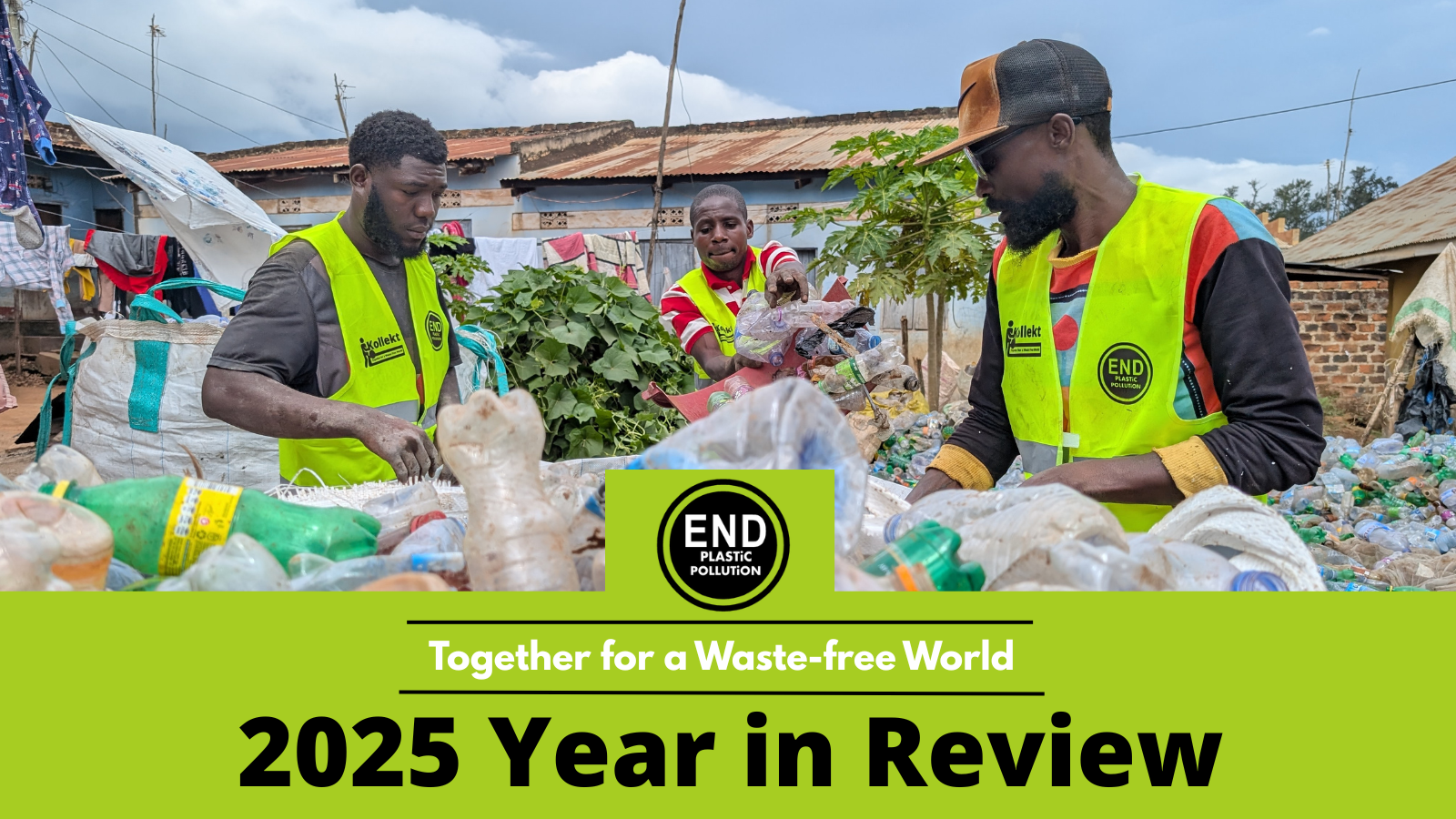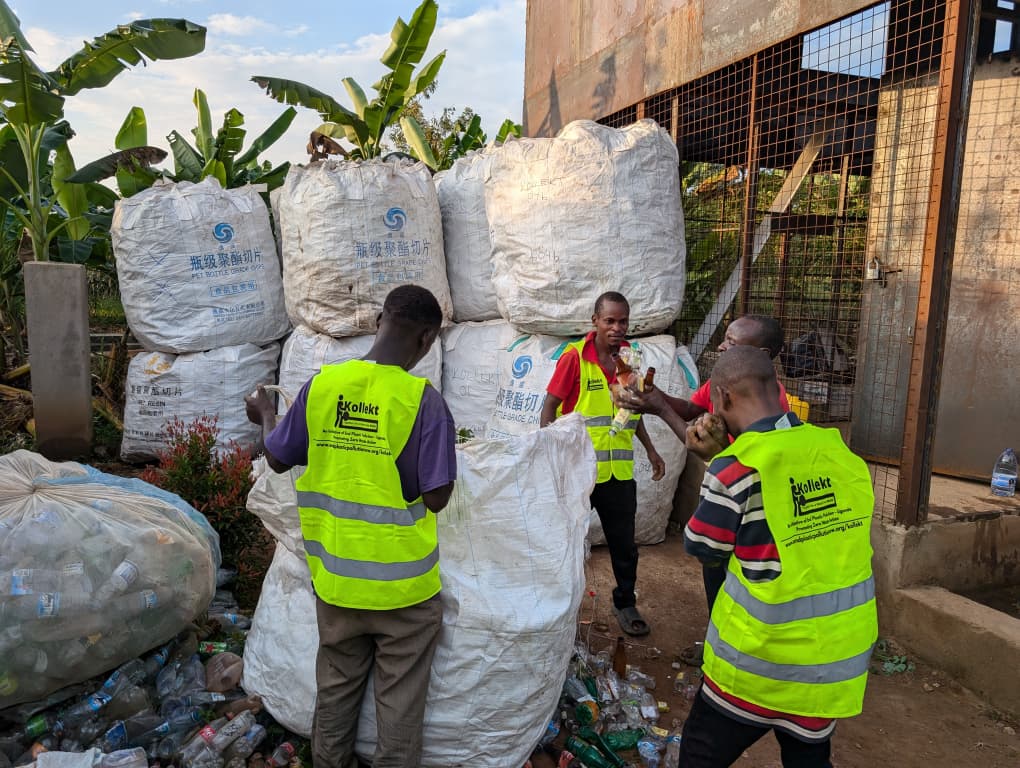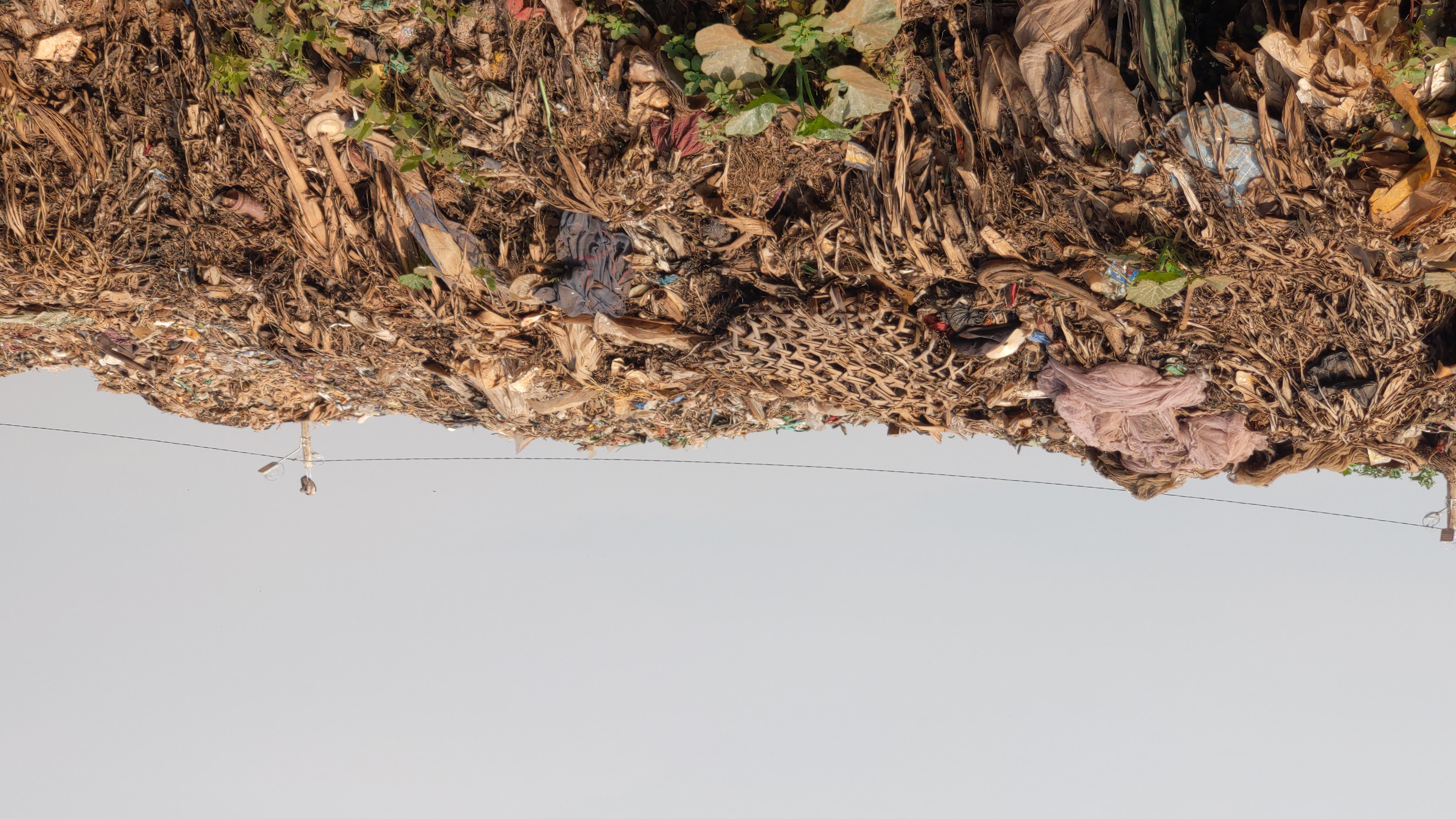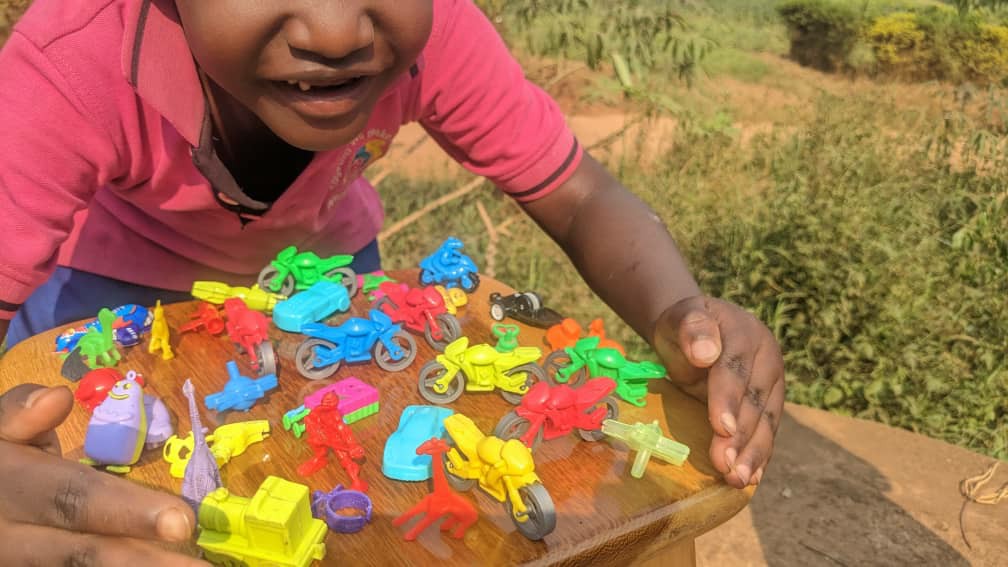Over the recent years, going zero waste has become an important vision, action and solution on how waste can be managed. Going zero waste requires us to change actively, collectively and this entitles the involvement of waste pickers in the zero waste model. Going zero waste is also a game changer that plays an important role in the reduction of greenhouse gas emissions which causes climate change. Hence the definition of the term waste pickers which was first adopted at the first World Conference of waste Pickers in Bogota, Columbia in 2008 to facilitate global networking and to debunk derogatory terms like scavengers. However a Waste picker is a person who engages in picking, collecting, sorting, and making recyclable materials available for recycling or for professional consumption. Waste pickers / waste collectors; collect waste on daily basis from households, commercial centers, along streets, waterways, dumps or landfills.
Here also comes the definition of Zero Waste which was outlined by Zero Waste International Alliance (ZWIA) that “ this is the conservation of all resources by means of responsible production , consumption, reuse and recovery of all products , packaging and materials without burning , and without discharges to land , waste or air that threaten the environment or human health” and this requires us to look into the entire life cycle of waste from Extraction, production, consumption, collection and disposal.
From reading the above definition, this draws my mind immediately to waste pickers who are an integral figure due to their significant contribution towards the saving the Environment for example, promoting recycling and reuse. It is estimated that waste pickers collect 50% of recyclables globally, saving landfills airspace, contributing to cleanliness and beautification of the environment, reduction of greenhouse gases emissions and also boosting green jobs.
All in all, this opens us opportunities to continue the engagements of waste pickers in our zero waste model and work.
Since February 2022, I have worked with waste pickers through End Plastic Pollution’s Project Kollekt initiative and I have learned that waste is a source of livelihood for waste pickers because many people in Uganda and families do depend on waste collection as a job however, through my engagements with waste pickers I have come to realize that they face many challenges.
During International Waste Pickers Day 2022, End Plastic Pollution together with Global Alliance for Incinerator Alternatives worked with local waste pickers in Kampala City Area to highlight these challenges including;
- Unhealthy working conditions with No working tools and no personal protective equipment.
- Little pay that cannot even afford the basic needs.
- Social stigmas, waste pickers are looked down, stigmatized as being uneducated, homeless and unaware of the values of plastic.
- Exploitation from middle-men and corporate plastic polluters.
- Absence of a law to recognize and formalize waste pickers sector.
- Waste Pickers face abuse from authorities who deny access to waste at dumps and landfills.
Now is the time for Uganda to have reliable data on waste pickers and ensure that waste pickers are recognized at the local level and at national level.
I have witnessed zero waste actions in practice and how this is helping communities go waste free. The community of Bonyokwa has a Material Recovery Facility supported by Nipe Fagio in Tanzania, I learnt about management of material recovery facilities and how this model is empowering local waste pickers.
With supporting waste pickers we unlock several opportunities including an opportunity to grow a zero waste economy. Unlock the benefits of circularity by working with waste pickers to increase the rate of material recovery for reuse. We can achieve waste free communities by working with waste pickers to divert waste form from landfill and dumpsites. Going for zero waste can create jobs for and help many to earn an income.
The zero waste action process is fascinating for its involvement with community, waste pickers and brings waste management at house hold level. Together a zero waste world is possible all we need is to join and ensure that we push this in a collective where all people in the waste management chain, including waste pickers, are respected and integrated.
Thank You for Reading.
Joyce Gwokyalya.
Youth Leader End Plastic Pollution.
Follow on social media platforms.
Twitter: https://twitter.com/EndPlasticsNow
Twitter: https://twitter.com/JoyceGwokyalya




